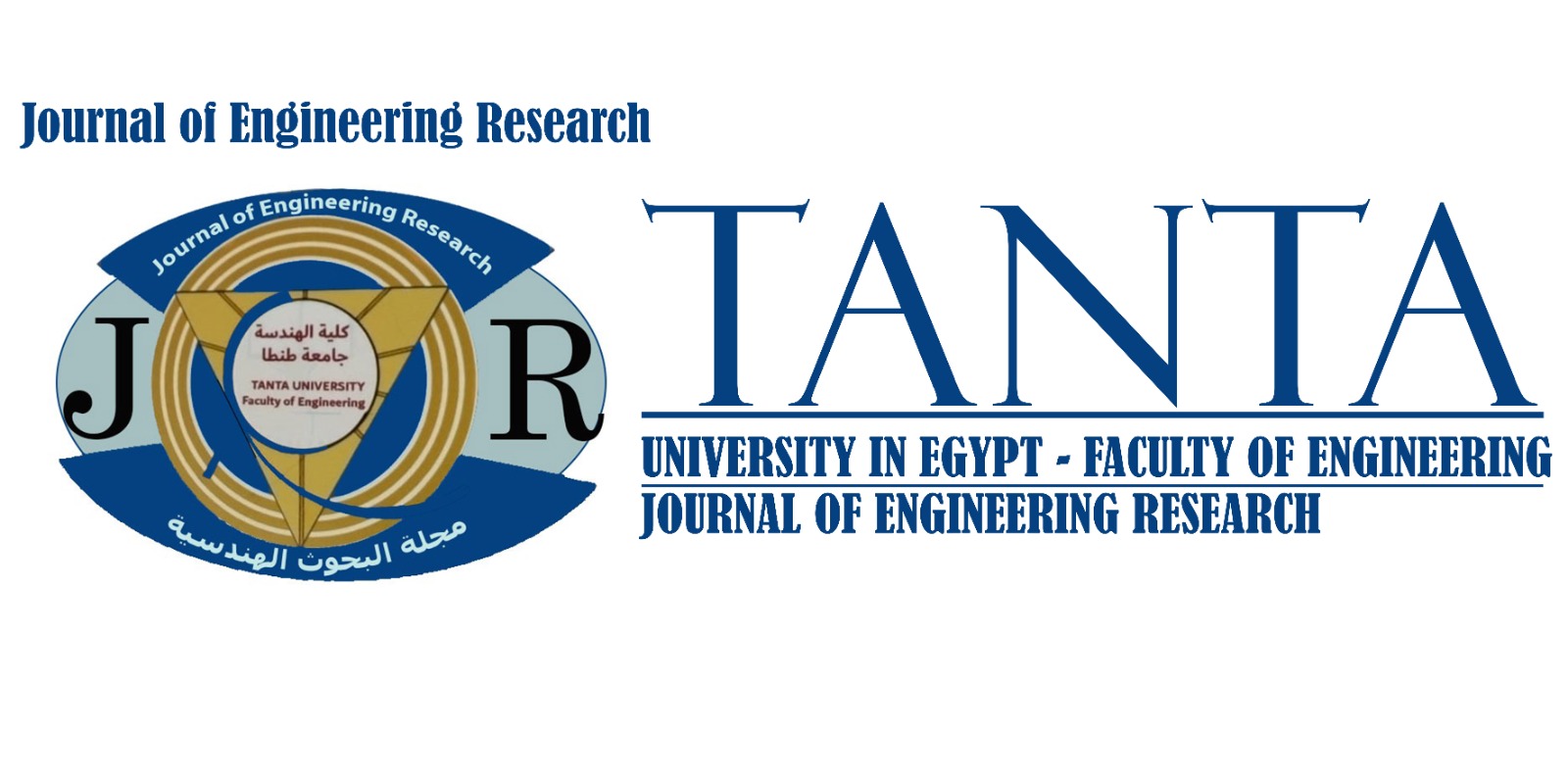Journal of Engineering Research

Abstract
Urbanization is reducing green spaces in old cities globally, including Egypt, adversely impacting air quality, climate, and psychological well-being. The rooftop has the potential to offer viable alternatives that provide multiple benefits. They can host sustainable systems, and foster social activities. Despite these advantages, their adoption in cities like Tanta the Egyptian city, one of the world's most densely populated cities with a shrinking per capita green space, remains limited. Most rooftops are often serving as dumping grounds for trash and unused items. This study aims to explore the reasons behind this underutilization to find ways to encourage the use for sustainable purposes. Employing a mixed-methods approach, it combines a comprehensive survey of homeowners with semi-structured interviews with experts, including a real-estate developer, an architectural consultant engineer, a solar systems consultant engineer, and a landscape consultant designer. This research aims to uncover the various factors influencing the adoption of sustainable rooftop systems. The findings offer insights into homeowners' attitudes towards rooftop agriculture, technical and economic aspects of sustainable rooftop systems, guiding government policies to promote sustainable urban development. The research highlights that significant barriers such as economic constraints, cultural resistance, and complex ownership structures limit the use of rooftops. Findings suggest that clearer regulations and financial incentives, there is a readiness to adopt sustainable rooftop practices, indicating a key area for policy improvement. Ultimately, this research contributes to creating sustainable, resilient cities capable of addressing the challenges posed by rapid urbanization and environmental degradation.
Recommended Citation
Desouki, Mahmoud and El-Haddad, Taghreed A.
(2024)
"Unlocking the Potential of Rooftop Sustainable Systems: Understanding Barriers and Facilitators,"
Journal of Engineering Research: Vol. 8:
Iss.
3, Article 30.
Available at:
https://digitalcommons.aaru.edu.jo/erjeng/vol8/iss3/30

